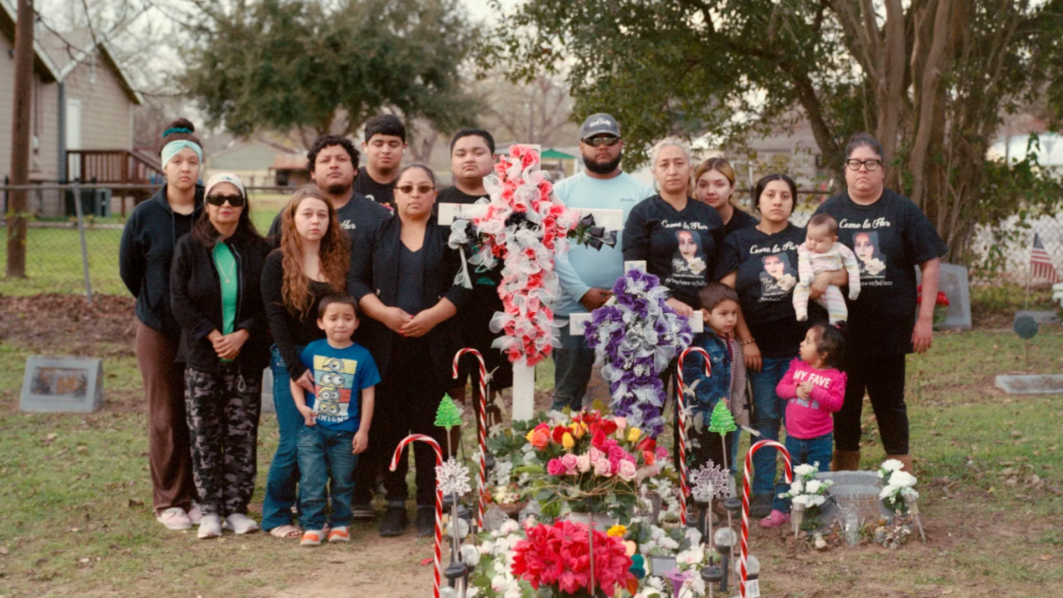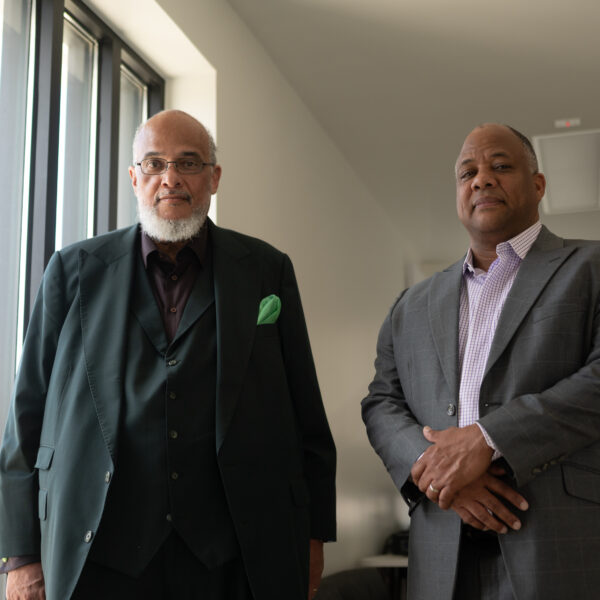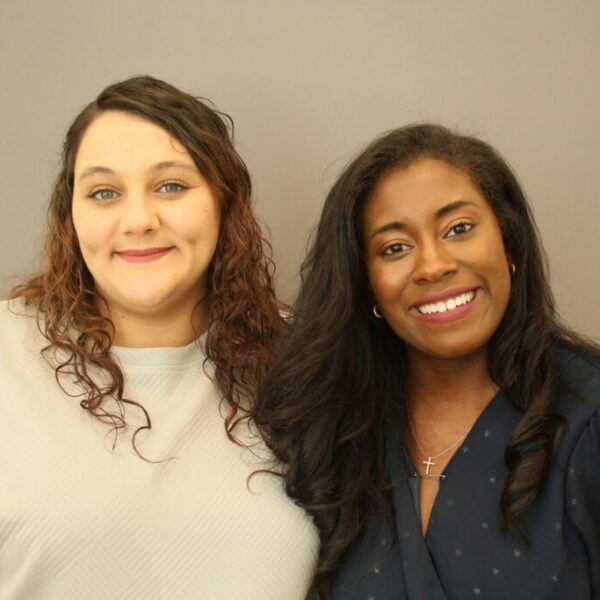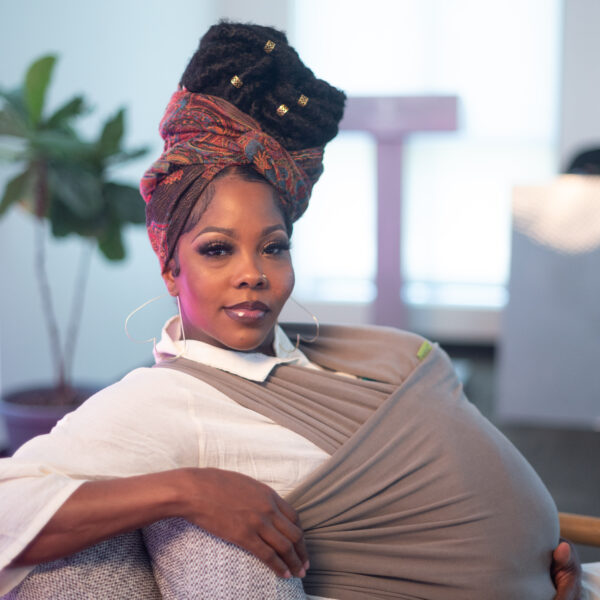
Did an Abortion Ban Cost a Young Texas Woman Her Life?
Synopsis
Yeniifer Alvarez-Estrada Glick was the first reported death since Roe v. Wade was overturned. New Yorker reporter Stephania Taladrid documents the 29 year-old woman’s life and death just weeks after the Supreme Court ruling came down.
Yeni was deeply devoted to her family, particularly her younger siblings, and dreamed of going to college and becoming a scientist. She looked forward to the joy of having her aunties nearby in her small Texas town, ready to celebrate the arrival of her baby.
But struggling with high-risk pregnancy complications, Yeni wasn’t offered a life-saving abortion at the Catholic hospital treating her in Texas. She had high blood pressure, diabetes and a history of pulmonary edema — conditions that intensify any issues during pregnancy. As OB-GYN Joanne Stone, former president of the Society for Maternal-Fetal Medicine, told The New Yorker, “If she weren’t pregnant, she likely wouldn’t be dead.”
Her preventable death underscores how the fear of legal repercussions and prison time stop doctors from making life-saving decisions for women in states with abortion bans. This turns high-risk pregnancies into fatal outcomes, like Yeni.
LEGAL NAME OF DECEASED
Yeniifer Alvarez-Estrada Glick
DATE OF DEATH—ACTUAL OR PRESUMED
July 10, 2022
MARITAL STATUS AT TIME OF DEATH
☑ Married
IF DEATH OCCURRED IN A HOSPITAL
☑ ER/Outpatient
IF FEMALE
☑ Pregnant at time of death
LOCATION (CITY/TOWN AND STATE)
Luling, TX
MANNER OF DEATH
☑ Pending Investigation
Yeniifer Alvarez arrived in central Texas from San Luis Potosí, Mexico, in 1998. At three, she was just old enough to have a sense of a world left behind: the fire that warmed the house in the evening, the meat hung to dry outside the door, and la bisabuela, her adored great-grandmother, who had died shortly before Yeni and her mom went north. In Luling, Yeni, her parents, aunts, and grandmother settled into a cramped house with a tin roof that was down the street from her great-uncles, the first members of the family to discover the town’s decent jobs, in the oil fields.
Black gold had been gushing there since the nineteen-twenties, and a sulfurous odor hung in the air. To this day, when the smell drifts fifty miles north, people in Austin call it “the Luling effect.” Yeni’s father worked in oil, too, but it wasn’t long before he was deported. Yeni’s mother, Leticia, stayed and got a job in the kitchen of a local Mexican restaurant, where the pay was modest but no one was asking about papers. Every morning, Yeni and her little brother Michael rode to a red brick schoolhouse in a car overstuffed with other kids. At the wheel was a neighbor who, for a dollar a day, took care of children whose parents’ workdays started well before class did.
Leticia divorced, remarried, and took a second job, at a poultry plant. She had two more sons, and she relied on Yeni to help raise them. Pedro, born when Yeni was ten, received a diagnosis of autism; he was so sensitive to sound that raindrops on the roof could make him spiral, and on the rare occasion when he spoke Yeni understood that he’d given each word serious thought. Francisco, who arrived when she was thirteen, was vulnerable, too—bullied in elementary school, he retreated to studying online.
By the time Yeni went to high school, she’d become the nerve center of her extended-family operation. She was the one who fretted over a mortgage payment; followed up on the applications for disability that she filed for her cousin, who’d had a stroke at sixteen; warned family members when politicians were stoking rage against the undocumented; and made the delicate decision about whether to call the police when Pedro, alarmed by something he couldn’t articulate, ran away. Only at school did the pressure ease up.
I’m alone and scared. Where is my mom? I want to live.

Baptist pastors Fred Smith and Errol Domingue take on misconceptions about abortion and faith

Two Louisiana women denied miscarriage treatment reflect on their friendship and the importance of speaking out
